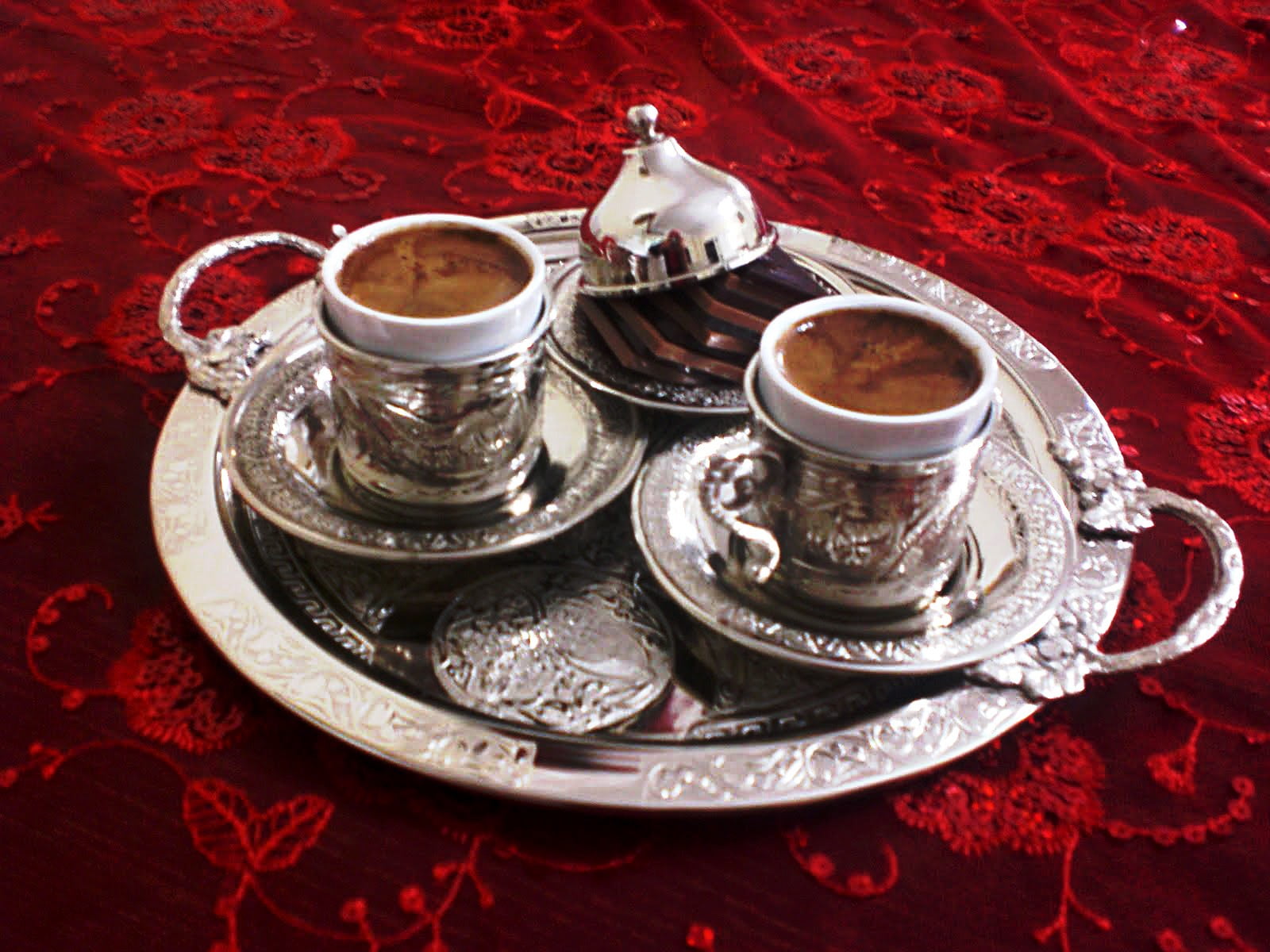
FAQ About Turkish Coffee

Is there a difference between Greek coffee and Turkish coffee?
Greek coffee and Turkish coffee share many similarities due to their common historical roots and geographic proximity. However, there are some differences in terms of preparation, presentation, and cultural associations. Here's an overview of the distinctions between Greek coffee and Turkish coffee:
Name and Terminology:
- Turkish Coffee: Known by its name, "Türk kahvesi," in Turkey.
- Greek Coffee: Known as "Ellinikós kafés" in Greece.
Preparation:
- Both Greek and Turkish coffee are made using finely ground coffee beans and water. The coffee is traditionally brewed in a small pot called a "cezve" (or "ibrik") on low heat.
Sweetness:
- In Turkey, Turkish coffee is often prepared with sugar added during brewing, resulting in variations like "sade" (unsweetened), "az şekerli" (a little sugar), "orta" (medium sugar), and "şekerli" (sweet).
- In Greece, the coffee is often prepared unsweetened, and sugar is added later according to individual taste.
Coffee Grounds:
- Turkish coffee is known for its fortune-telling tradition, where the coffee grounds are used for divination.
- Greek coffee may or may not be used for fortune-telling, and the practice is less common compared to Turkish coffee.
Serving Styles:
- Turkish Coffee: In Turkey, coffee is often served with a glass of water to cleanse the palate before drinking. It's also common to serve Turkish delight alongside the coffee.
- Greek Coffee: In Greece, coffee is sometimes accompanied by a glass of water or a small sweet treat.
Cultural Associations:
- Turkish Coffee: Turkish coffee is deeply ingrained in Turkish culture, history, and traditions. It is associated with hospitality, social interactions, and traditional rituals.
- Greek Coffee: Greek coffee is part of Greek culture, particularly in urban areas. It's enjoyed as a beverage during social gatherings and as a symbol of Greek identity.
Presentation:
- While the preparation process is similar, the serving presentation might vary. For example, Greek coffee cups can have a different shape from traditional Turkish coffee cups.
Spices and Flavorings:
- Both Greek and Turkish coffee can be prepared with added spices like cardamom or without any flavorings, depending on personal preference and regional customs.
